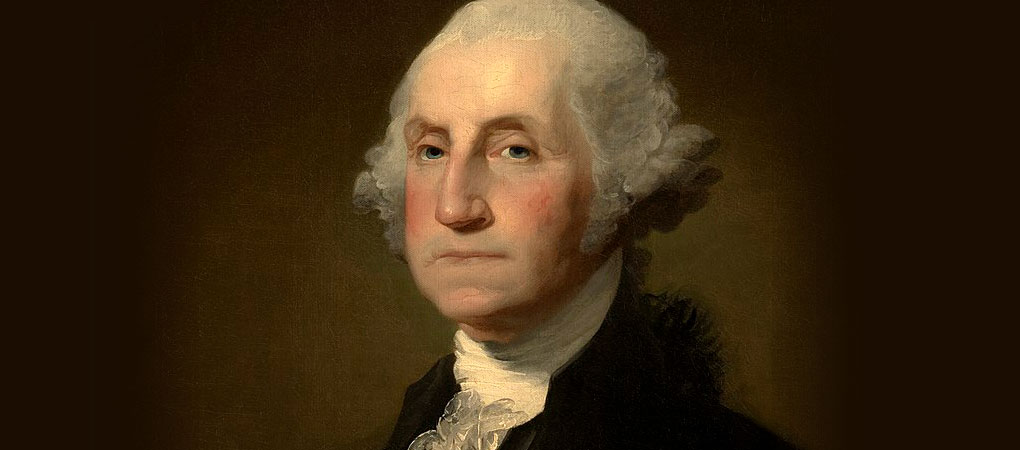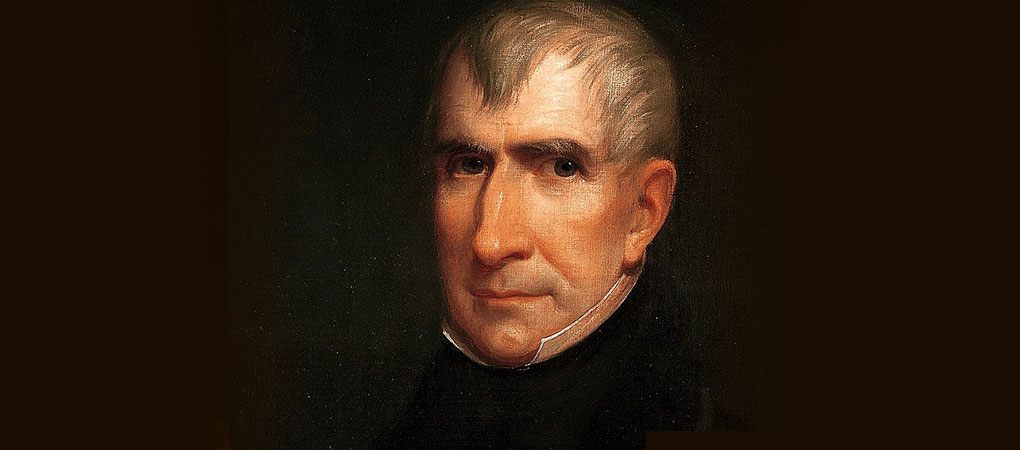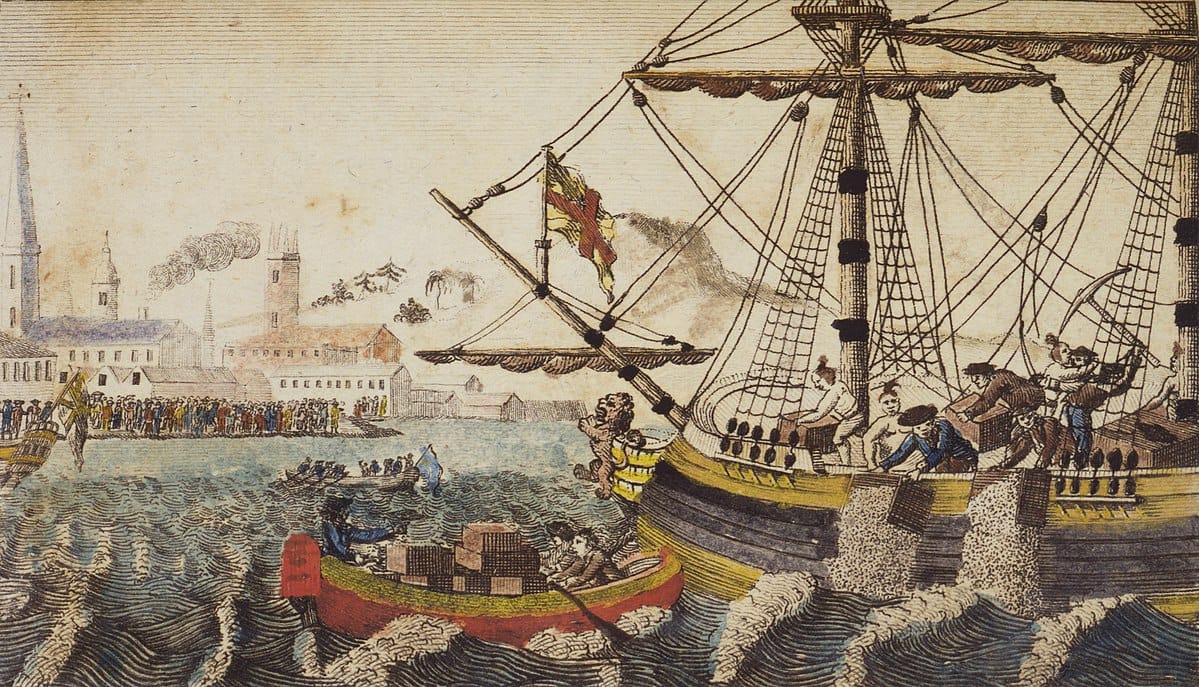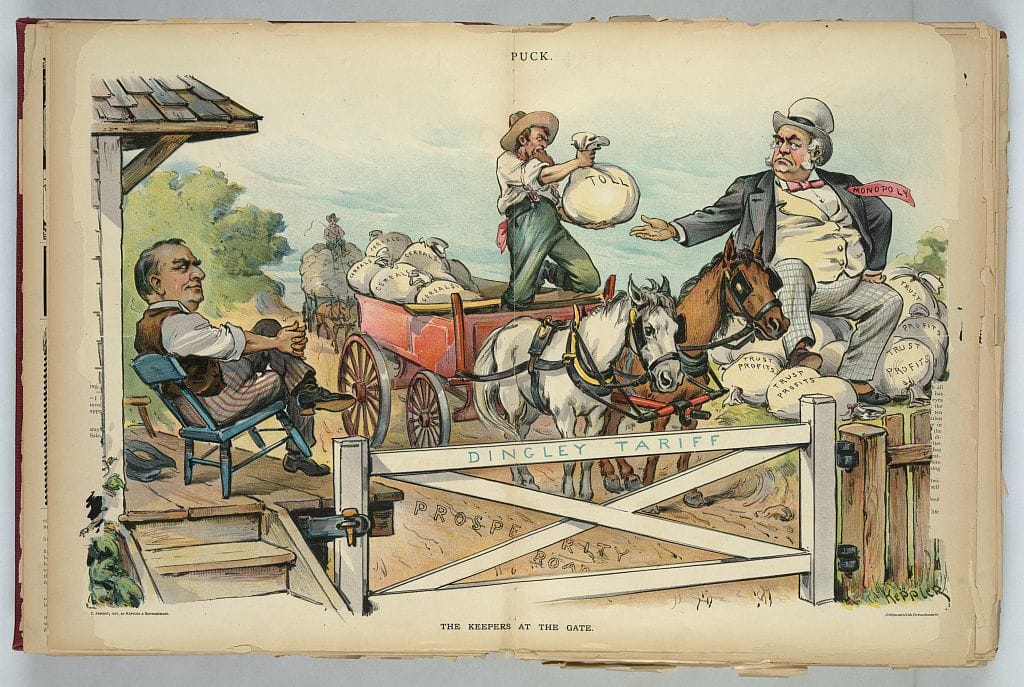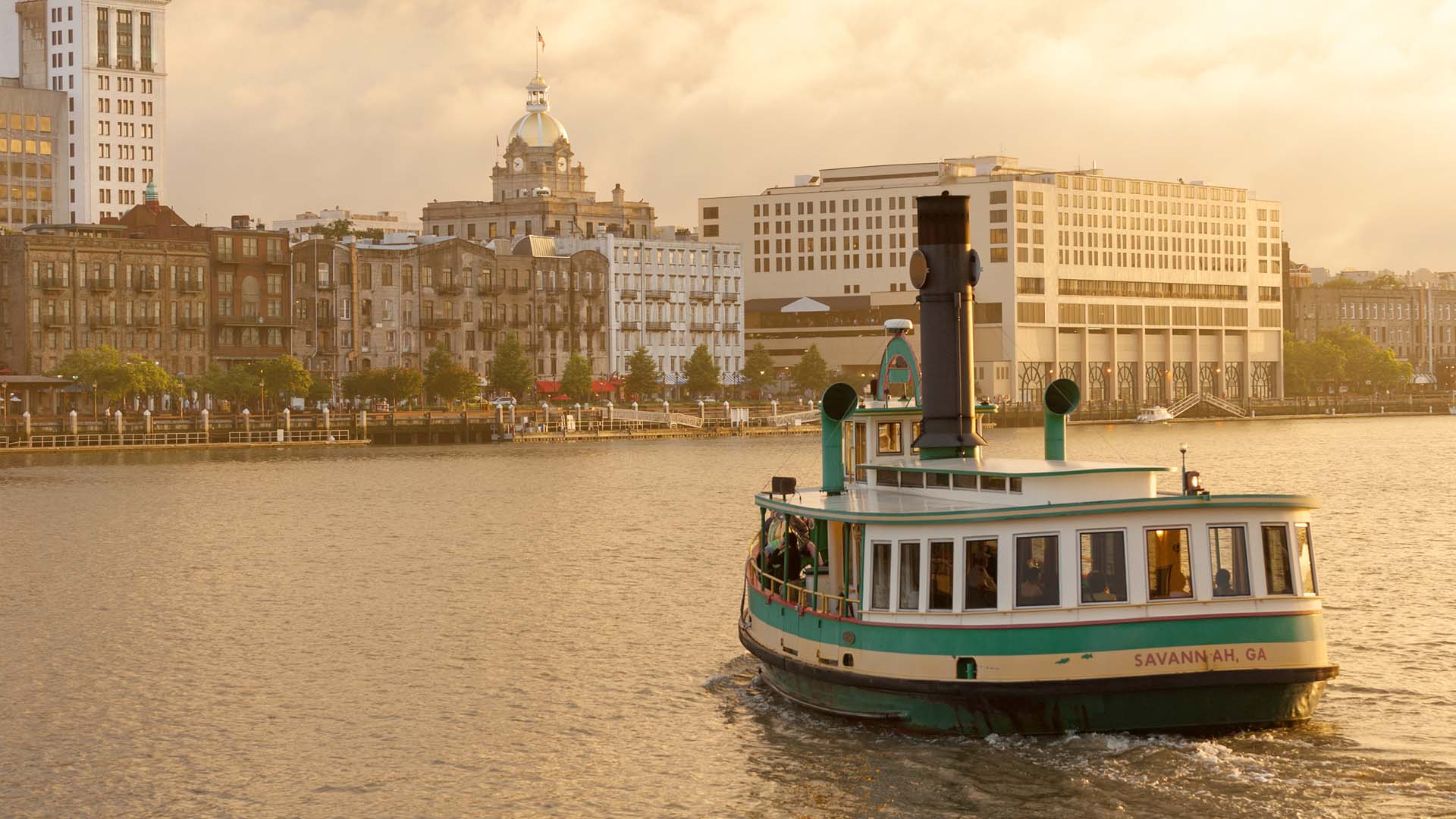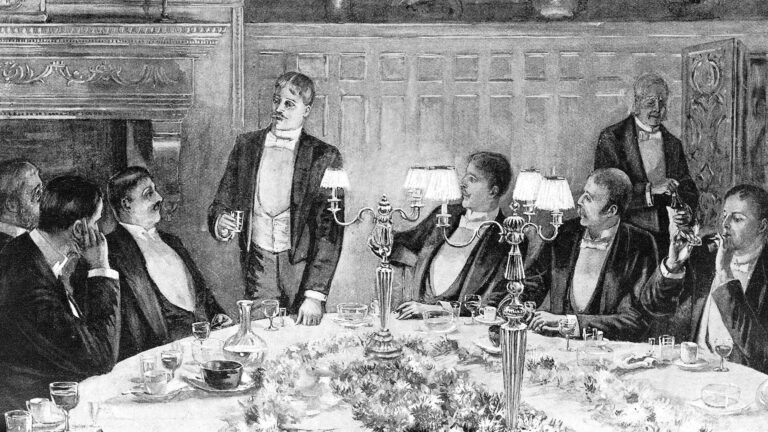
Presidential Drinking
Part 4: Fillmore to Johnson
The story of Prohibition is very much the story of America’s relationship with alcohol throughout our history. It has shaped our politics, our culture, and our economy. Changing American tastes and values had enormous influence over just how present alcohol, and what types of it, has been in our society. A fascinating gauge of those changing tastes is looking at how our presidents from the Founding Fathers all the way up to the incumbent have interacted, or not interacted, with beer, wine and spirits.
In this series, Presidential Drinking, we’ve dug deep into what place alcohol had in each president’s life from their favorite drinks to whether it contributed to their business practices throughout their lives to whether they… well… imbibed a little too much from time to time.
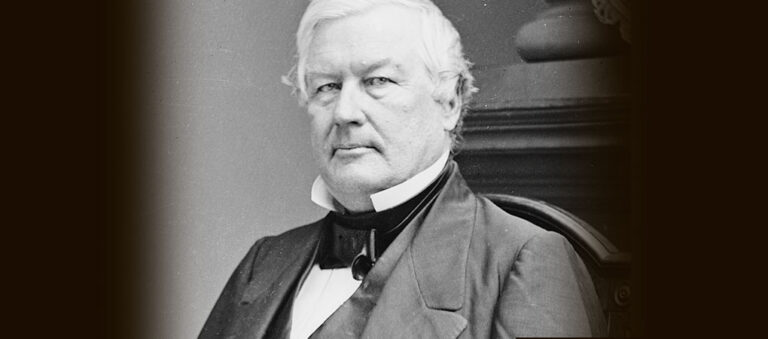
President Millard Fillmore, served 1850 – 1853
What was his drink of choice?
He didn’t drink much of it, but he apparently liked Madeira. After sampling a bit too much of it once, he admitted to having become “slightly fuddled”. We’re going to stop there because that phrase is too adorable to say any more.
Was he in the booze business?
No. Millard Fillmore became a successful lawyer prior to his career in politics, but it didn’t come easy. The Fillmores grew up rather poor, and he had to work extremely hard to earn the opportunities to practice law. Studying and grinding doesn’t leave a lot of time for distilling.
Did he party?
It doesn’t seem like it. Being a lightweight, this Alec Baldwin lookalike wasn’t much of a party animal. It’s also worth noting that as the final president of the Whig Party, much of Fillmore’s platform was in stark opposition to that of the Jacksonian Democrats.
If you’ve been keeping up with the rest of these articles, you already know that it was Andrew Jackson and his buds who had all the booze. Millard probably just wasn’t invited. Don’t worry though. The drunken presidents are about to make their less than triumphant return.
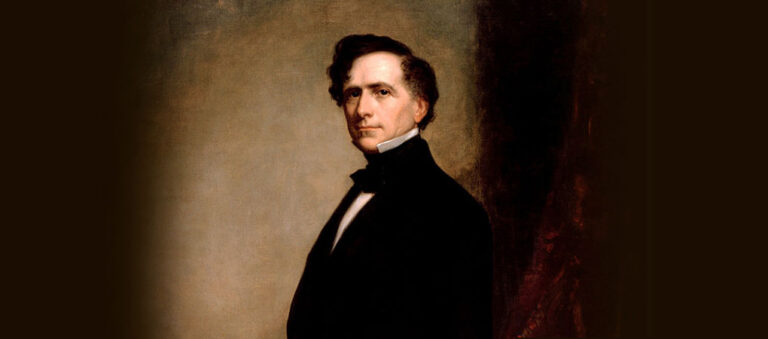
President Franklin Pierce, served 1853 – 1857
What was his drink of choice?
Unfortunately, everything. Sources don’t specify exactly what sort of alcohol he was getting into, but all agree that he drank quite a lot of it. President Pierce is the first individual in this series that we really can look at as having experienced what we would call alcoholism today. Not only did it wreak havoc on his health (he died at 64 from cirrhosis of the liver), but it was also a major source of strain in his marriage. His wife, Jane, was devoutly religious and pro-Temperance. He had tried to follow her sober example for a time but fell off the wagon when he went to fight in the Mexican-American War.
Was he in the booze business?
While Pierce gave plenty of business to distilleries, he didn’t get into making liquor himself, to our knowledge. In his retirement, he lived the life of an “old farmer” and could have conceivably been making a little bit of his own, even as he attempted to cut back later in life. Unfortunately, the moderation didn’t last, and he resumed his heavy drinking, especially after Jane’s death.
Did he party?
No, actually. It’s really the saddest part. Other heavy drinking presidents did their consumption among friends and guests but not Franklin Pierce. The Pierces’ life together was beset with tragedy. Several children didn’t survive infancy. The one that did, their darling son, Benny, died in a tragic train accident. Not only did they lose Benny, but they both were on the train and witnessed the carnage inflicted upon their son. Jane, who disapproved of Pierce’s pursuit of higher office, regarded Benny’s death as divine retribution for her husband’s ambitions and largely retreated from any duties of a First Lady. President Pierce entered office as a grieving father and estranged husband with only one way to cope: alcohol.
President Pierce is a sad, but relevant example of the drinking culture and issues that the Woman’s Christian Temperance Union would be founded to put an end to, just five years after his death.
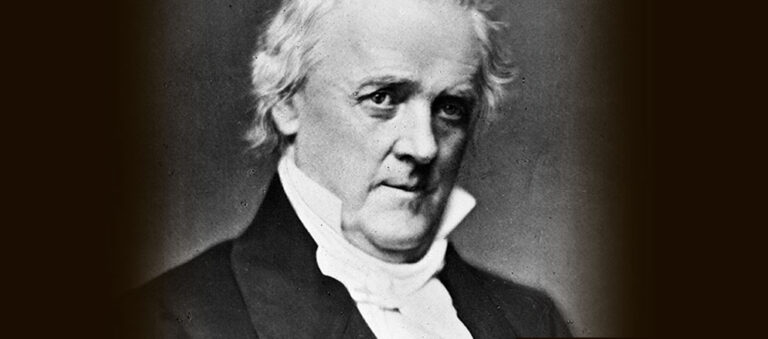
President James Buchanan, served 1857 – 1861
What was his drink of choice?
What do you get when you mix the Madeira obsession of John Quincy Adams, the heavy whiskey consumption of Andrew Jackson, and the failed presidency of Franklin Pierce? Well, you get James Buchanan. He loved Madeira so much that when he had to do a course-charting assignment in college, he chose the island of Madeira as the imaginary destination. His estate, Wheatland, had a very well-stocked wine cellar. It’s not just wines though! Unlike many of his predecessors, Buchanan was loyal to both wine AND whiskey. Raised in Pennsylvania, he grew up on Old Monongahela rye whiskey and would order ten gallons of whiskey a week from his supplier, Jacob Baer. Baer’s initials (JB) were the same as Buchanan’s, a fact that absolutely tickled the future president.
Was he in the booze business?
There seems to be a pattern with many of these presidents. The lawyer types make a lot of money and then snob out on elegant and exotic wines and liquors without making much themselves. The soldier types live more modestly, but are better equipped to make and sell their own liquor on the side. Buchanan fits this profile. His successful law practice earned him a lot of money early on, and he was able to easily explore any fancy alcohols his tastes called for. Why make it when you can order the best around?
Did he party?
Any hard-partying type will tell you that you’ve got to pace yourself and can’t get too messy too quick. President Buchanan was a master of this strategy. According to his early political manager and then-rival, John W. Forney, he watched Buchanan down two bottles of Cognac and wash it down with some whiskey. He remarked of Buchanan’s resulting condition, “There was no headache, no faltering steps, no flushed cheek. Oh, no! All was as cool, calm and cautious and watchful as in the beginning.” Some historians even theorize that Buchanan’s overall drunkenness may have contributed to his general failure as a president.
Today, he’s regarded as one of the worst American presidents, having botched or sabotaged every chance he had to avoid the American Civil War. Was all that Madeira worth it, Jim?
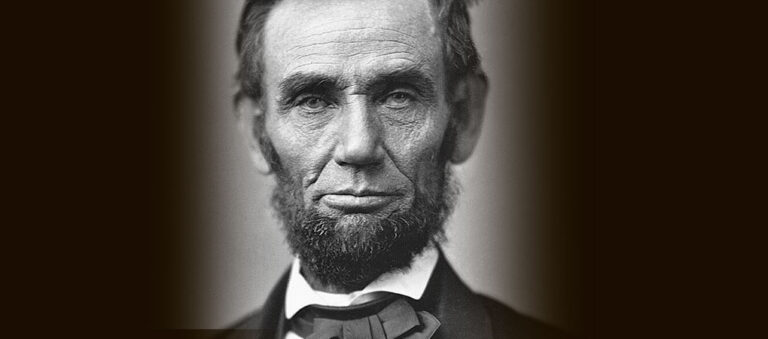
President Abraham Lincoln, served 1861 - 1865
What was his drink of choice?
Nothing really. President Lincoln is among our most revered presidents. Depending on one’s personal consumption, Lincoln’s own habits have been mythologized as either piously temperate or fiercely defensive of drinking rights. The truth is somewhere in the middle. Lincoln wasn’t exactly a teetotaler, as he would drink on occasion. He also allied with and supported Temperance groups.
While Lincoln would sip wines and champagnes at events to not put a damper on festivities, his own individual approach to alcohol is best summed up by his report that it left him feeling “flabby and undone.” We’ve all been there, Abe.
Was he in the booze business?
He didn’t like the stuff! So, of course not, right? Nope. Abe was actually born into the liquor business as his father would work at local Kentucky distilleries to earn extra money. As an adult, Lincoln ran a grocery that reportedly sold liquor. In fact, his infamous opponent in the 1860 election, Stephen Douglas, used that history against him. During debates, Douglas insinuated that Lincoln’s grocery contributed to the social ills that were fueling the Temperance Movement, a valuable and expanding voting bloc at the time.
Did he party?
It’s not really his style. Like we mentioned, Lincoln only sipped out of politeness. He and Mary Todd did throw parties, but they weren’t close to the raucousness of some of his predecessors. Socially, to some, he was a massive conversationalist, informed, humorous, and interesting. However, a friend and law partner called him “sad” and “gloomy” and specifically said that “he couldn’t care for any man or any man’s interest.” Maybe it’s not the best account since this same friend complained about never having been invited to the Lincoln parties. Awkward.
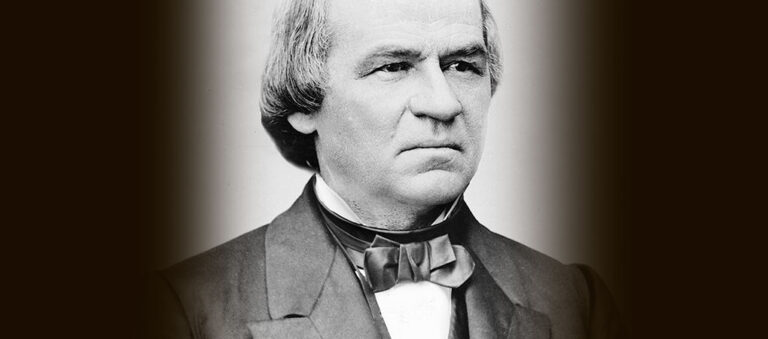
President Andrew Johnson, served 1865 – 1869
What was his drink of choice?
We’ve only had two President Andrews in the history of the country. Both of them loved whiskey and both of them used an inauguration to party hard. More on that in a minute. President Johnson was different from his immediate predecessor in most ways. Despite being President Lincoln’s vice president, Andrew Johnson was from a different party, a calculated unity ticket during the raging Civil War. Lincoln is revered as one of our best presidents, and Johnson as one of our worst. Lincoln sipped out of politeness. Johnson gulped out of necessity.
Was he in the booze business?
He doesn’t seem to have been. What he was, though, was a very gifted tailor. Born into poverty, Johnson was legally bound, along with his brother, to work as a tailor’s apprentice in his native North Carolina. Unhappy with the arrangement, the young Johnsons ran away, and Andrew eventually settled in Tennessee. He continued to use his tailor skills to build a career for himself before he eventually had success as a politician.
Did he party?
While his idol, Andrew Jackson, opened his own inauguration to the public so everybody could party, Andrew Johnson kept the drunken fun all to himself when he was inaugurated as Lincoln’s vice president in 1865. In the thick of the Civil War, President Lincoln chose to abandon his first-term vice president, Hannibal Hamlin, for Andrew Johnson. Johnson, Lincoln reasoned, was an anti-secession Southern Democrat, an important strategic move to win the South for Lincoln. Abe had known Andrew for a long time, and he was the military governor for Tennessee at the time. What better man to help Lincoln unite the country?
The night before the inauguration, Vice President-elect Andrew Johnson partied hard with John W. Forney, the same statesman who was quoted on President Buchanan’s ability to drink massive amounts of liquor without a change in demeanor. Unfortunately, the same wasn’t true for Johnson. Johnson woke up the next day hungover and sick, so he drank three tumblers of whiskey to help him feel better and headed to the ceremony. Not long into the event, Johnson rose to speak.
And speak he did. Andrew Johnson drunkenly and belligerently ranted about everything from his poor childhood to how they were going to defeat the rebels he disdained so much. One of the senators watching, Zachariah Chandler, wrote home to his wife, “I was never so mortified in my life, had I been able to find a hole I would have dropped through it out of sight”. Meanwhile, the guy Johnson was replacing, Vice President Hamlin, was feverishly tugging on Johnson’s coat to (unsuccessfully) get him to stop. When he did, they were able to swear him in. But that’s not the end.
Vice President Johnson had one more job to do: swear in the new senators. He was so drunk that he couldn’t do it and someone else had to take over. Sitting in the audience was President Lincoln with a look of “unutterable sorrow” on his face as he watched his intended genius political move crumble in front of his eyes. Some Republicans called for Johnson’s resignation, but Abe stated, “It has been a severe lesson for Andy, but I do not think he will do it again.”
While Lincoln was correct that it was the last public drunken rant for Vice President Johnson, an assassin’s bullet ended Lincoln’s life just a month later and elevated Johnson to the presidency. There, he proved that he could do even more damage sober as he sabotaged Reconstruction and the civil rights of Black Americans. In fact, Johnson’s performance in the presidency is so universally derided that few even mention the time he got plastered at his inauguration and embarrassed Abe Lincoln.
